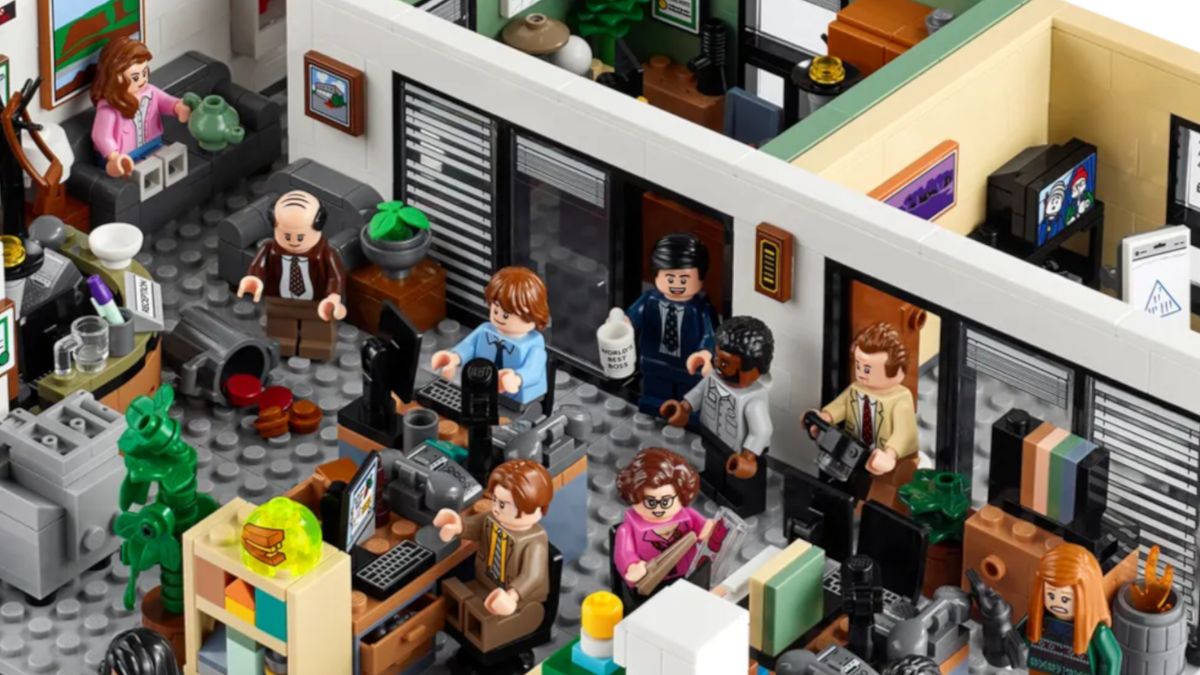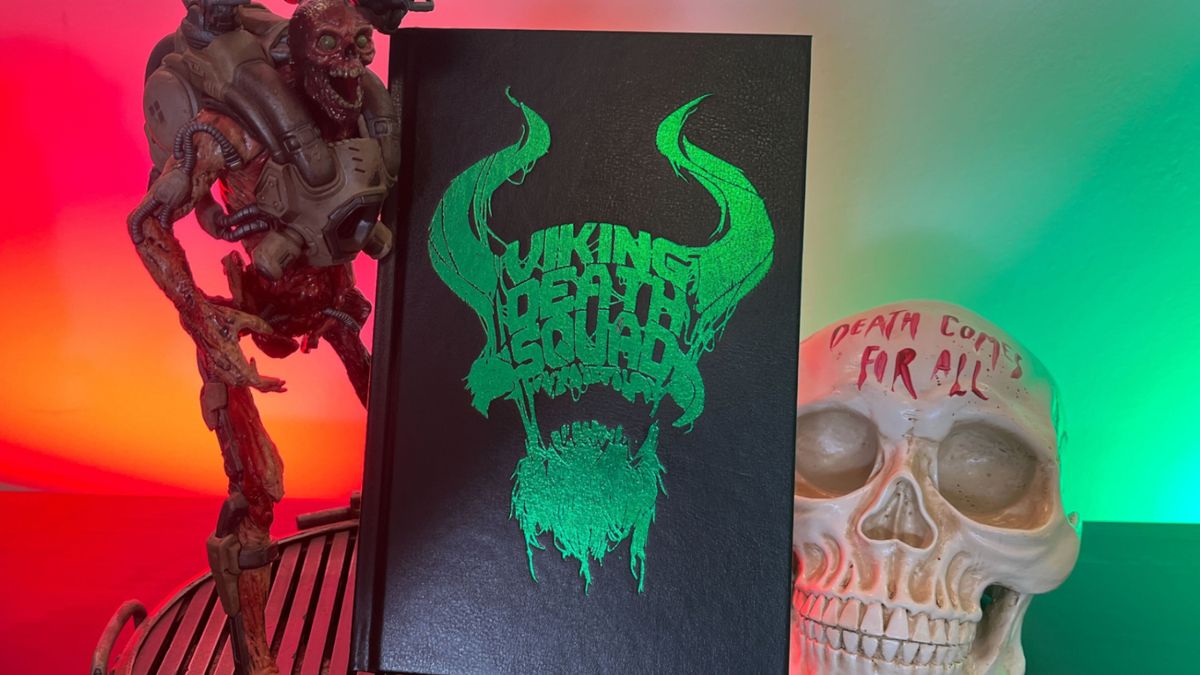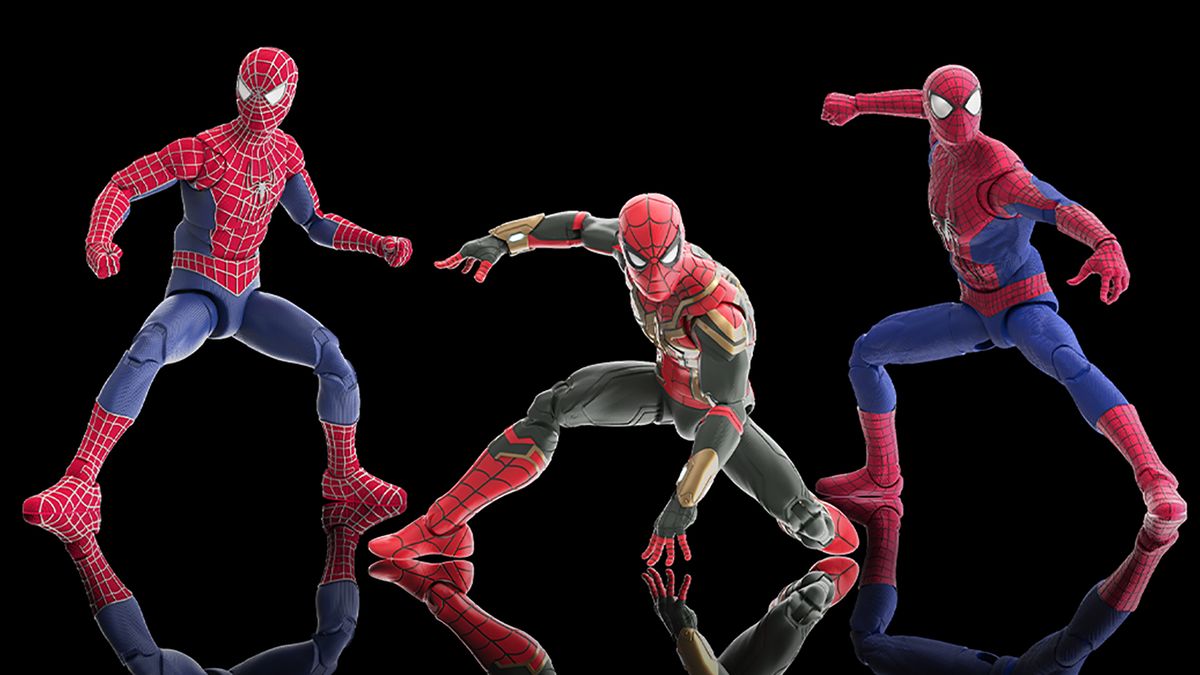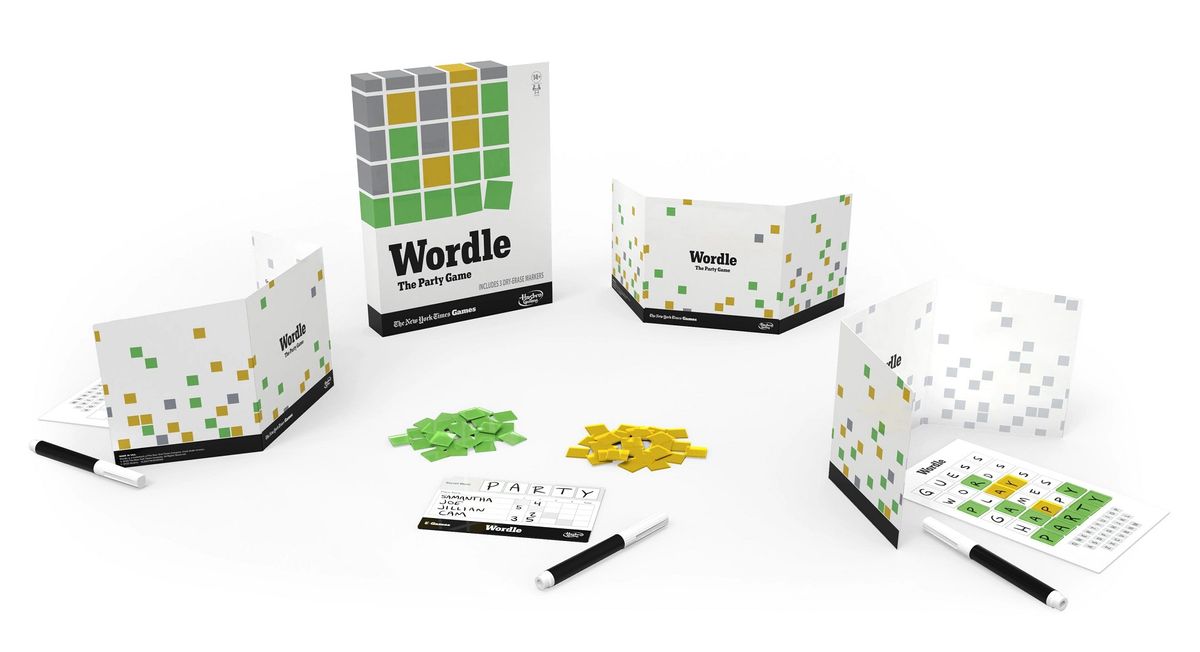Gloomhaven is a board game that takes a year or more to complete. But you shouldn’t let that put you off. To be frank, I don’t think you even have to finish Gloomhaven to enjoy it. The joy lies in the journey. In that way, it has more in common with the best tabletop RPGs than the best board games.
For some, this is a dealbreaker. Why would you play a limited-scope board game when you could craft your own characters and stories in the best Dungeons and Dragons books? For others, that’s the appeal. Gloomhaven is a few hundred hours of tabletop fantasy that doesn’t require the consistency or commitment of TRPGs.
Get rolling
This board game sits somewhere between an old Fighting Fantasy book and a 200-hour RPG like Skyrim; it’s a dungeon-crawling adventure with a branching story, loot to plunder, and permanent bonuses to unlock as you explore the gritty world in and around Gloomhaven city. As that would suggest, its greatest strength lies in the rules around exploring and fighting. These encounters force players to make consistently interesting choices about how to use their character’s abilities for best effect.
To Gloomhaven’s credit, it does all of this without the frustrating randomness of dice-based fights – you rely on ability cards instead. These are very simple but well-balanced, and attack values generally stick to nice low numbers from one to five. It’s easy arithmetic that speeds up gameplay rather than die rolls that can tank an entire scenario just because someone’s got bad luck that week.

Because players are encouraged to keep what they’re planning to do with them a secret (which speeds up combat and helps stop people from telling others what to do), the tradeoffs you’re forced to make each turn are some of the most satisfyingly hard board game choices I’ve ever come across. Since you don’t know what your allies and enemies have planned until everyone has chosen, you’ve got to second-guess every decision in a sea of tactical possibilities. Do you need to move and attack this round? What if someone else takes out that enemy first? Should you get greedy and loot instead?
Plus, movement is just as important as attack. Gloomhaven’s scenarios are very positional; you always want to be in the right place at the right time, be it near enough to lure enemies into a trap or to pick up any treasure they’ll drop when they’re defeated. However, this also means that you can never quite get everything you want in your turn. Especially once you start trying to use Loot cards to claim items from dead monsters, and doubly so when your fellow adventurers cause chaos by moving monsters before you’ve even gotten to act.
Entry-level

Those interested in the game but who don’t want to take the full plunge can check out Gloomhaven: Jaws of the Lion (opens in new tab), a simpler version with its own unique scenario book. That’ll let you know much faster if you enjoy how Gloomhaven’s unique, card-based combat plays out.
And friend, your fellow adventurers will cause just as much chaos as the monsters. Trust me when I say that this is one of the funniest, most enjoyable things in Gloomhaven. I laughed at the unfortunate choices others had made, or the terrible fix I’d gotten myself in, just as much as I shouted in triumph when I claimed treasures or killed five monsters at once.
What we’re left with is a brain burning delight. This is an action economy game par excellence – one where how much you can get done is as important as what you can get done. Indeed, Gloomhaven might just be the tightest action economy game I’ve ever played. Some fights feel like every card is a vital change to the stakes of the scenario.
Your party ventures forth
Speaking of stakes, this is technically a legacy-style game – one where choices have permanent effects. That’s because a session of Gloomhaven starts with you picking a scenario from one of 60-plus missions that unlock over time. Unless you’re trying casual mode (which offers money and experience but lacks lasting consequences), these combine into a larger campaign that changes the overall state of your world. Since some missions can get locked out by choosing or completing others, casual mode is the only ‘canonical’ way to experience every scenario. This helps make your game feel more personal.
Especially due to the fact that each adventure starts with a random event offering choices with rewards or penalties. Say you find some dead priests on the road. Do you loot the bodies, or give them proper burials? You might get treasure and a curse from one option, or a blessing from the other. These add bonus and penalty cards to your deck for the coming scenario.

The encounters are shaken up even more by the game’s variety of adventurers. Gloomhaven’s characters are a diverse lot, ranging across many fantasy archetypes. None of them are quite alike. The Mindthief specializes in illusions and trickery, for example, while the Cragheart is a destructive fighter who can change the layout of the battlefield but risks catching allies in its splash-damage attacks. Personally, I was a huge fan of the Spellweaver; this character uses elemental effect tokens generated by its own and allies’ abilities to lay out huge and devastating effects, but they’re extremely fragile compared to others.
Frankly, I could go on and on about those classes; they’re where the most interesting stuff in Gloomhaven comes from. Each one is chock-full of complicated power dynamics that still fit within the simple rules of Gloomhaven’s attack, move, buff, or loot spectrum, and things get even wilder as you unlock the game’s 11 other classes. This broadens the possibilities beyond anything I’d guessed at to include summoned pets, crippling debuffs, and push-your-luck self damage.
Because Gloomhaven allows you to customize these characters via items, perks, and Enchantment (which lets you spend gold to add permanent increases to a card with a sticker), no two versions will be the same either. Namely, you can customize your hero towards a certain combo or tailor yourself for specific enemies. Fighting lots of skeletons? Take that armor-piercing card with you.
The legacy mechanics help to keep things fresh
There are also ways to get bonus perks, which I loved, by fulfilling randomly-dealt Battle Goals during each scenario. Things like ‘kill five monsters’ or ‘gain seven or fewer experience’ are great causes of benign inter-party conflict as players are forced to act selfishly to maximize their benefit.
You can start new characters fairly often as well; each hero has their own personal quest to fulfill, after which they retire. This is a delightful part of Gloomhaven, because it generally unlocks a new class or encourages someone to try out a new style of play. That counters the fatigue of playing the same thing night after night for a year.
Leaving a legacy
The legacy mechanics help to keep things fresh, too, but this is where things become shakier. Gloomhaven is more about those tactical battles than the unravelling of mysteries or popping open boxes for new game mechanics. That’s not to say there isn’t box-popping to be done, of course; there is, and it’s fun. But it’s not a constant feature of the game. The only consistent new stuff would be the bits of narrative you uncover as you play out a dungeon or region of the world.

Although these stories are occasionally exciting, it’s a weaker part of the experience overall. Having played the entire campaign, I can only loosely remember individual tales that unfold in the eponymous city. In fact, characters only stood out because they became the butt of jokes around the table. “It’s this same merchant again, isn’t it?” someone would say. “I’m starting to think this guy hires bandits and pirates himself to collect the insurance money.”
I’m sure there are some that enjoy the fantasy stories told here, and I was always glad for the narrative framework holding fights together, but high literature this ain’t.
What’s more, despite missions being given variety with their own layout of dungeon tiles and enemies, most are just about clearing enemies, surviving attacks, or retrieving treasure. Sometimes you can complete them very easily, too – it’s not hard for an invisible Scoundrel to just run in and grab the treasure chest to win.
I can recommend it for the clever, excellent, and genuinely refreshing gameplay
However, these scenarios are all designed to scale with the level of your party, and it’s nice that they’re genuinely nonlinear. In my testing, there was only a single instance where we could choose just one mission.
I can’t recommend coming to Gloomhaven for its plot as a result, and there are several other board games or RPGs that do it better. But I can recommend it for the clever, excellent, and genuinely refreshing gameplay.
Overall – should you buy Gloomhaven?
That’s a lot to take in – Gloomhaven is a huge game, both literally and physically. All the same, I feel bound to repeat that I think it’s a game you can never finish and still love. You don’t have to finish every adventure to get the most out of it, either.
Yes, Gloomhaven is ultimately a niche game despite its broad appeal and overwhelming popularity. It’s an exercise in dungeon tactics, clever combos, and character building, meaning it’s not a game that everyone will enjoy. I love it though, and it’s unequivocally the best at what it does.
The Verdict
5
5 out of 5
Gloomhaven
This is the heavyweight champion of co-op tabletop dungeon-crawling. Nothing else compares.
 Game News Video Games Reviews & News
Game News Video Games Reviews & News



